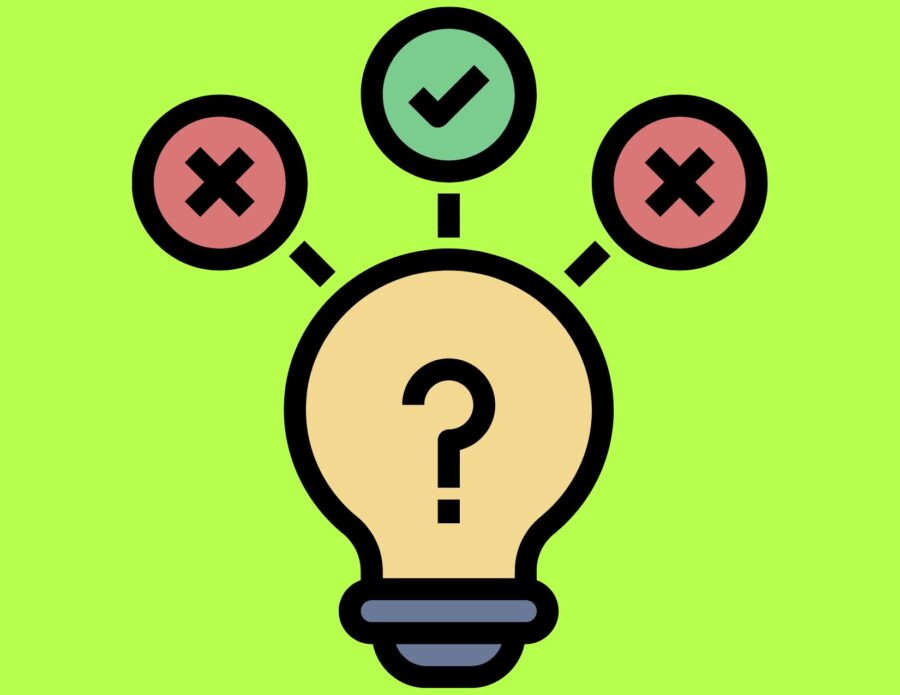We are a world of assumptions, and the more diverse our world becomes, the more we assume. People see a young black boy with a hoodie on and assume thug. Some see a young lady with questionable clothing and assumes she is asking for it. Others see a headscarf wrapped young man and assume he is a terrorist. And the assumptions goes on and on. The field of education is no different. Teachers see a student with behaviors and assumes the worst. Another student is always late and the assumption is late nights and slept in mornings. Still, another student always seems disinterested and doesn’t care, so teachers respond the same way. We also assume that Mary is a “good” student, so she could have not done that! That Harry is a star football player and could have never said those things! If we are to be effective teachers, administrators, counselors, advisors, nurses, etc., we have been called to be, then assumptions should never be a part of our professional toolkit.
Assumptions are beliefs or statements taken for granted. A thing that is accepted as true or as certain to happen without proof. Assumptions are dangerous because they can lead to disagreements, and/or believing the worst in somebody. To conclusions that may be inaccurate or biased. They can distort perception, hinder open-mindedness, and result in misunderstandings in communication and decision-making. So, why do we assume?
We assume to simplify complex situations… it’s easy. We use assumptions to fill in the gaps and/or make quick decisions. We also use assumptions to help navigate daily life by allowing us to act without needing extensive information. For these reasons, not all assumptions are inherently bad. While they can facilitate quick decision-making and help simplify complex situations, relying too much on assumptions can be dangerous. The reason why is that our assumptions are based on our narrow mindsets, prejudices, personal biases, and the lens we use to view the world around us. Without verifying accuracy, our assumptions can result in misjudgments, biases, and more.
Case in point… a junior in high school, considered to be an “A/B” student, grades started slipping. Arriving late to school, sleeping in class, mood changes and anger became a regular part of this student’s day. Teachers assumed the worst… drugs. An incident at school landed the student in the vice-principal’s office. Showing the student compassion, and making no assumptions, the vice-principal was eventually able to discover that this student and his family was homeless, and had been homeless for a while! That this young man had to get him and his sister ready for school, catch two city buses to get his sister to school first, then a third bus to get himself to school! No wonder he was late to school every day and his grades were slipping!
This student’s teachers could have found out the same information… if they had not assumed! Instead, his teachers chose to assume, and through their own narrow lens and personal biases, decided to accept the worse. So, let’s not be that one to presuppose certain things about people. We don’t know family dynamics, where people come from, what they have been through, or what they are dealing with now. We don’t know if they are hungry, abused, assaulted, homeless, etc. Don’t let assumptions be the reason why you can’t show compassion, empathy, care, love, forgiveness, etc. Don’t let assumptions determine that “bad” kids will always be “bad” and “good” kids will always be “good.” Things happen… times change. Instead, let’s strive to look deeper and meet people where they are at, not where we think they are at! Never allow assumptions to deter you from being the best you can be as a teacher, para-educator, administrator, secretary, etc. Assumptions do not belong!



